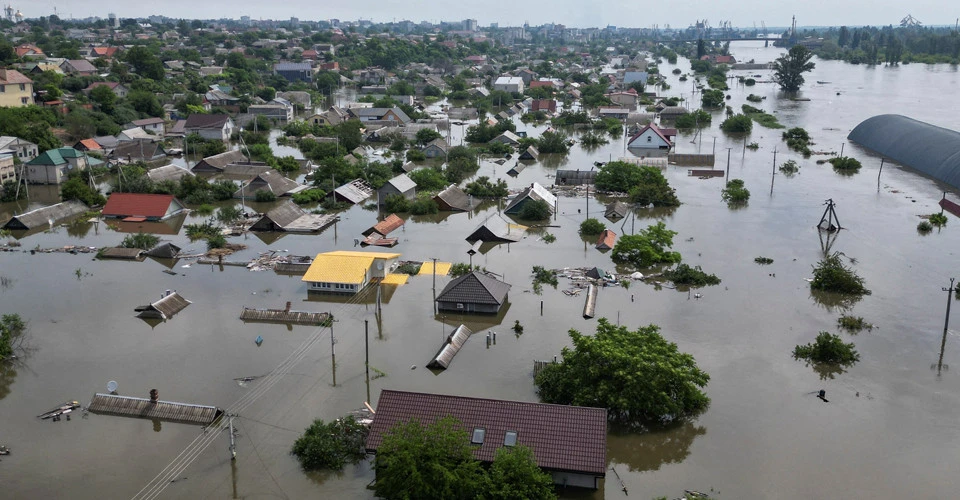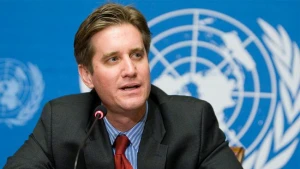
Terror attack, war crime at Kakhovka hydropower dam is ecocide – environmental expert Soroka
If the Kakhovka reservoir is not restored, nearly 2 million people in three regions will face severe water shortages
This warning comes from environmental safety expert, Associate Professor Maksym Soroka of the Ukrainian State University of Science and Technologies, speaking on Espreso TV.
"We see efforts to restore the Kakhovka reservoir, but other areas are being ignored. Marhanets, Nikopol, Tomakivka, even Kryvyi Rih, and the Inhulets River are already suffering. For example, the Inhulets River's ecological condition is at risk due to a lack of fresh water. In Kryvyi Rih, residents will be forced to drink poor-quality water for years. Farmers, lacking water, will use shallow wells, poisoning the soil within 20-30 years. The terrorist attack and war crime at the Kakhovka HPP is a clear case of ecocide. It's a deliberate act against the sustainable development of vast territories. If we can't restore the reservoir or find a humanitarian water supply solution, nearly 2 million people in these three areas will have to relocate," Soroka stated.
According to Soroka, nature used to adapt to us, but now we must adapt to its renewal.
"The concept of ecocide, like genocide, isn't about death but about preventing recovery. Genocide targets a group to prevent its regeneration; ecocide destroys the sustainable development of territories, especially in Zaporizhzhia, Dnipropetrovsk, and Kherson regions. Ecocide impacts stable development, and stable development involves sanitation, education, climate change, biodiversity water resources, and other components. This qualifies as a crime of ecocide, and it has been proven," he added.
- On June 6, Ihor Syrota, the general director of Ukrhydroenergo, stated that rebuilding the Kakhovka hydroelectric power station, destroyed by the Russians, will take 6-7 years after de-occupation.
- News












































